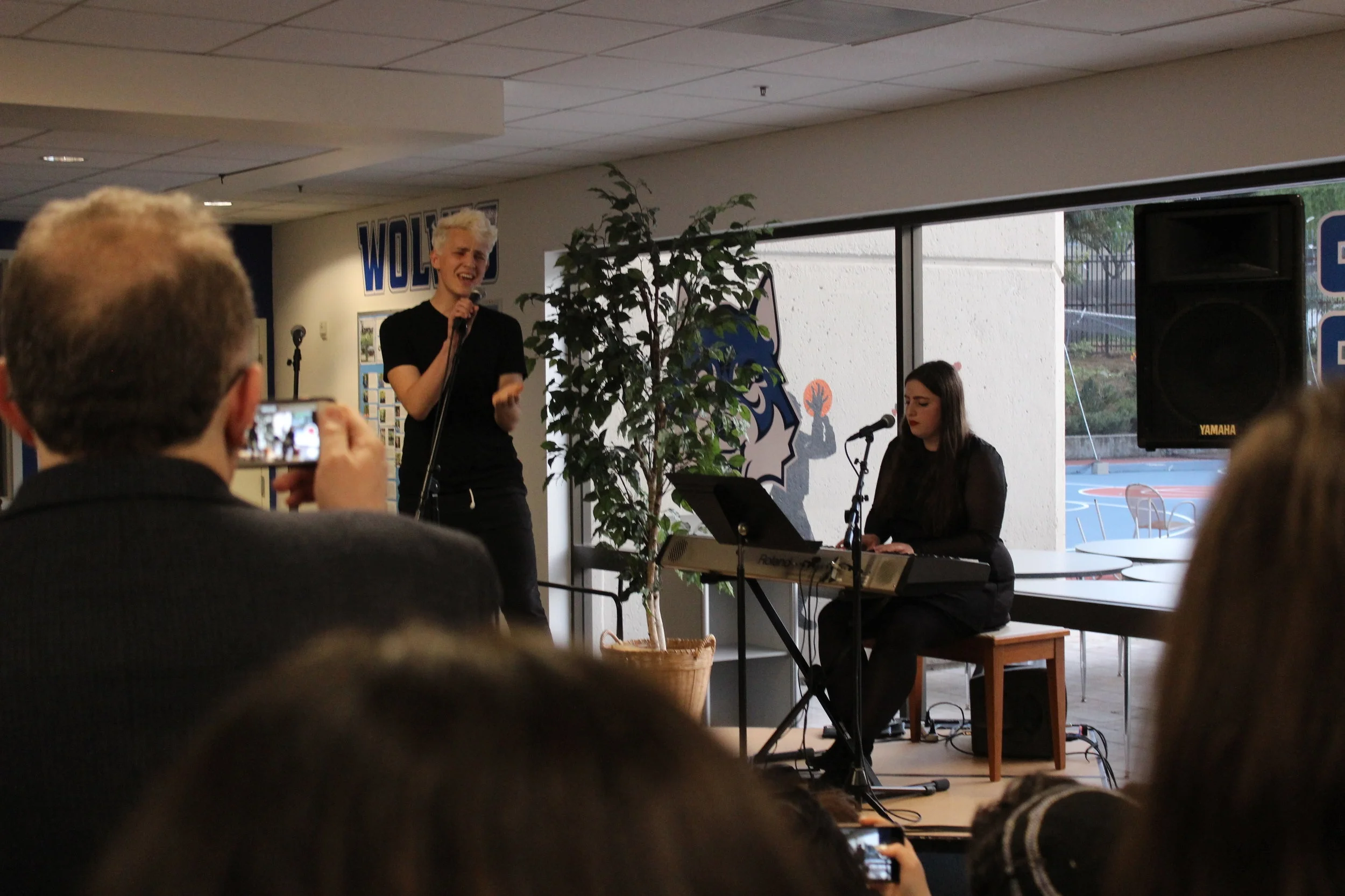Our Data on Facebook: Who does it belong to?
Facebook CEO Mark Zuckerberg is the stereotypical millennial. He lives in the tech capital of the world. He has a big fluffy white dog. He works for a major tech company . While many (older) CEOs of other major companies flash their glamorous tailor made suits, Zuckerberg prefers the comfortable t-shirt and blue jeans, with the occasional sweatshirt if it’s chilly. So it was a major surprise when Mr. Zuckerberg appeared before both the United States Congress and United States Senate, wearing a suit and tie, while testifying on behalf of his company this past month.
Zuckerberg began by acknowledging his wrongdoings, taking personal responsibility and admitting that “it’s clear now that [Facebook] didn’t do enough to prevent these tools from being used for harm.” Zuckerberg finished by vowing to fix Facebook’s current issues and stated that he was “committed to getting it right.” Zuckerberg then faced grueling question after question from disgruntled U.S legislators, frustrated by Facebook’s seemingly too large a grasp on the technology industry.
Facebook has been involved in a multitude of scandals in the past year and a half involving in a range of topics, including fake news, foreign entities interfering in U.S election, and user data privacy breaches. Zuckerberg’s appearance shocked many pundits as he usually sent a representative to answer questions, a definite sign of the gravity of this situation.
One specific scandal that Zuckerberg was asked about involved a British data consulting company, Cambridge Analytica, which describes itself as using data to “change audience behavior.” The reason this company is significant in the stark criticism against Facebook is for its role in what many deem a privacy breach. A professor at Cambridge, Aleksandr Kogan, had developed software that was able to obtain user data through a personality test. What made this test unique was that the data collected wasn’t just the user who completed the test, the software gathered the user’s friend’s data as well, predominantly without the friend of the user consenting let alone knowing that their data had been used this way. In an interview Christopher Wylie, a former employee at Cambridge Analytica, now whistleblower, Wylie notes that Kogan’s software was much more efficient, as the company only need “to touch a couple hundred thousand people” in order to reach millions of people.
Cambridge Analytica, which has deep ties to American politics, including major political donor Robert Mercer and former Trump Advisor Steve Bannon, have been accused to influencing American target voter groups in hopes of swinging the recent presidential election.
In his testimony Zuckerberg confessed that Facebook did a poor of “identifying” Russian false Facebook accounts charged with meddling in the 2016 U.S Presidential election. Zuckerberg was adamant that he would provide the manpower to combat election tampering in the future. Zuckerberg was optimistic that upcoming elections would see less foreign interference via Facebook, citing new A.I technology used to discover fake accounts.
Zuckerberg repeatedly expresses that users have a choice in how much data if any is accessible by Facebook and other third party companies, all in the user agreement. However, this agreement is incredibly lengthy and most users do not take a look at it, let alone read it. As Senator John Kennedy said bluntly, “your (Facebook’s) user agreement sucks”. Senator Kennedy went on to say the user agreement isn’t aimed at informing users, rather it’s only there to “cover Facebook’s rear end.”
The reports on scandals and questions asked by U.S legislators I have listed previously are not intended to slam Facebook and other technology companies. Facebook provides a myriad of benefits, connecting people across the world through a variety of forums. Facebook has created a place that allows for a free flow ideas, allows users to engage and interact with other users they otherwise wouldn't.
But that isn’t to say that Facebook has overstepped its boundaries. Some of the criticism are valid, user privacy and data has been violated and exploited. But, as Mr. Zuckerberg stated in his testimony, Facebook makes money off of advertisements and when a company places an advertisement on a certain forum, whether that be radio, television, billboards, or Facebook, they want to be sure the majority of their audience will be somewhat intrigued in the advertised product.
Thus, the conundrum of internet companies and user privacy. When we sign up for Facebook, to be able to enjoy the benefits it has to offer, we are agreeing to a compromise. We are able to use Facebook and apps connected to it for free, however, in return, these apps and Facebook can use our data.







